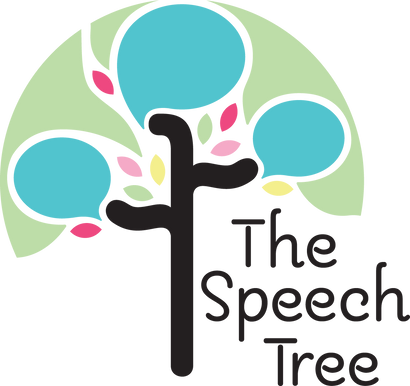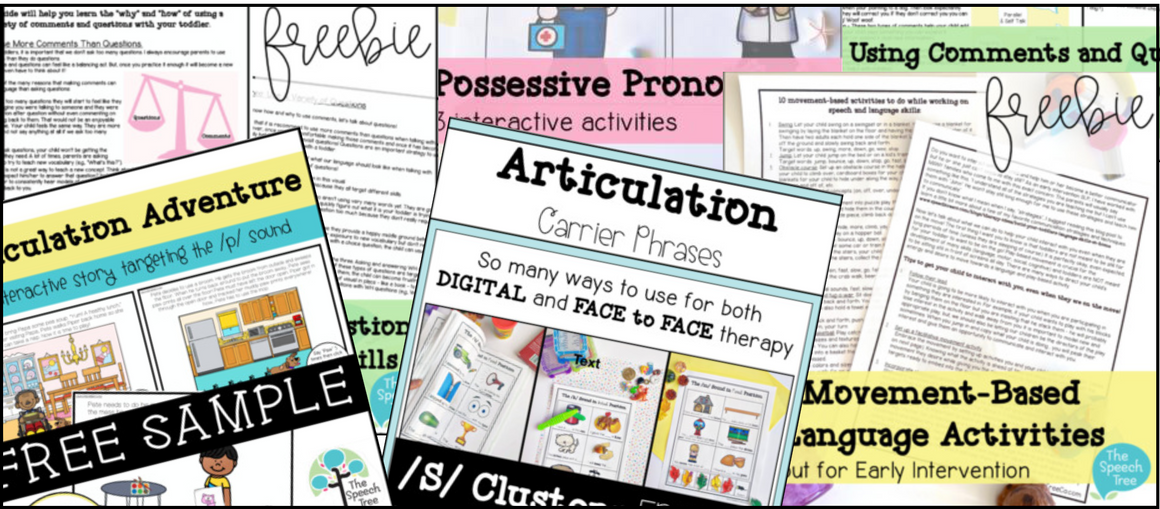The WHAT and WHY of Basic Concepts

What are basic concepts?
Basic concepts refers to an area of language that is crucial for a child's success with communication, academics, and activities of daily living.
Basic concepts are the foundation of expressive and receptive communication.
The term "basic concepts" is an umbrella term that encompasses a large variety of words. For example, colors, shapes, negation, emotions, temporal words, positional words, quantity... are all considered to be basic concepts.
These words will often (but not always) appear in opposites: hot/cold, first/last, up/down, more/less.
Basic concepts serve as the foundation for following directions, participating in classroom and at home routines, succeeding academically (particularly literacy and math), and participating in conversations.
Why teach basic concepts?
It is important to teach basic concepts to our children for many of the reasons mentioned above.
In summary, basic concepts are the foundation of a child's communication and education. Basic concepts are presented to us every single day during most activities at home and in the classroom. Knowledge of basic concepts is directly related to future academic success.
Most basic concepts mentioned above are mastered by age 4 but some develop later such as: left/right, larger number concepts, comparative adjectives (loud, louder), time concepts (yesterday, tomorrow).
LinguiSystems Guide to Communication Milestones by Janet R. Lanza and Lynn K. Flahive Copyright © 2008 LinguiSystems, Inc
How to teach basic concepts
Now that you are familiar with what basic concepts are and why they are important. Be sure to read the THIS POST about HOW to teach basic concepts.
Also, check out these hands-on products targeting Spatial and Temporal concepts. Both of these products include visuals and a variety of activities to teach and practice these concepts with your student(s).
Leave a comment
Comments will be approved before showing up.






